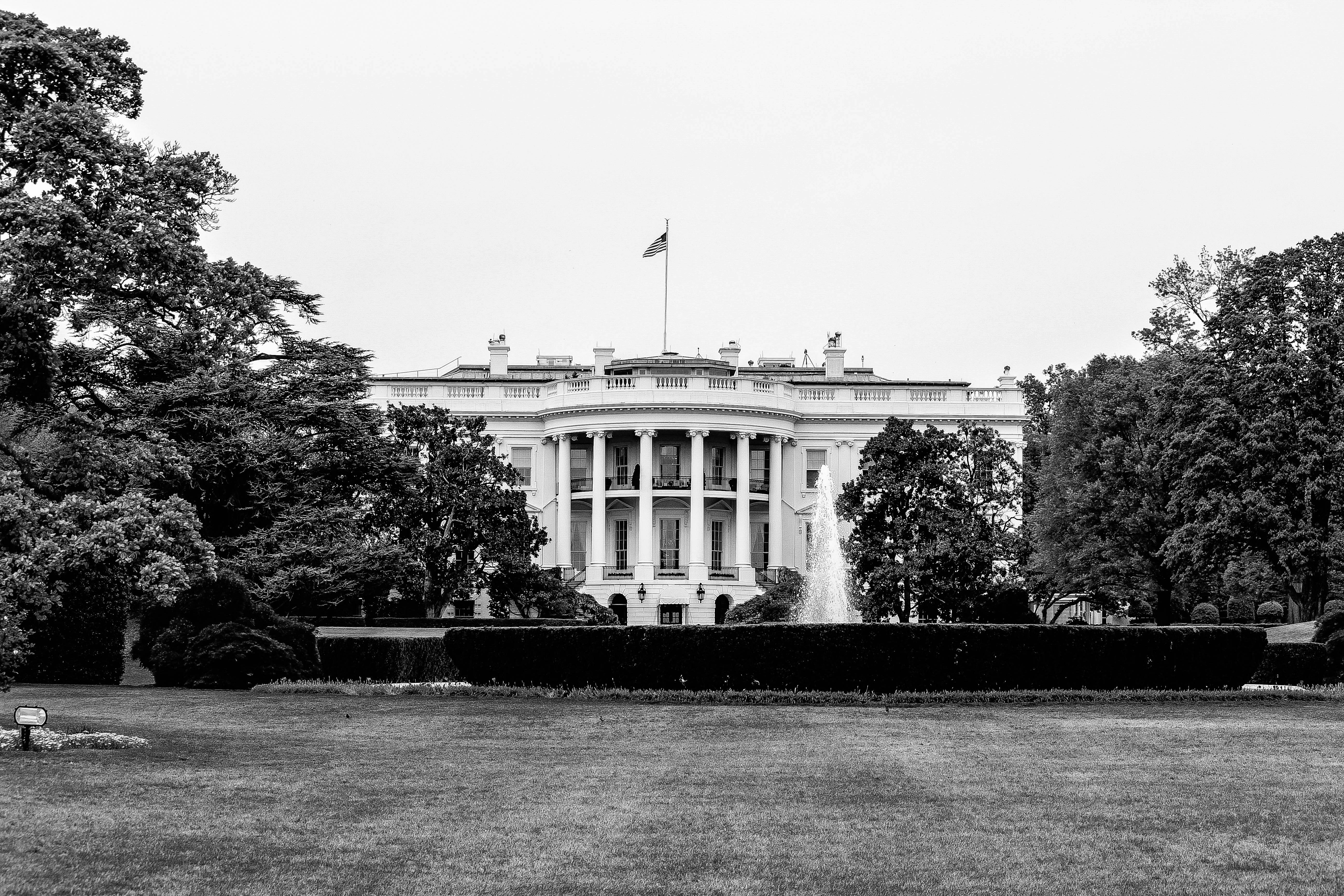
Sign up for Powell Tate Insights for monthly fresh takes on disruptions, innovations and impact in public affairs.

As the world enters a new year, continued uncertainty over the path of the global COVID-19 pandemic, an evolving set of economic challenges, rising political and social unrest and the prospect of geopolitical conflicts that could disrupt business and international relations persist. Going into 2022, we’re keeping our eyes on several key issues and events.
Here are eight global events to watch in 2022:
1. Economic policymakers will work to simultaneously stimulate economic growth, control inflation, incentivize new investment and manage worker shortages and supply chain disruptions.
Above all, the pandemic is not over. The spread of the virus could once again disrupt economies if immunity wanes and new variants emerge and evade vaccines.
The global economy is forecast to expand by 4.5% (OECD estimate) to 4.9% (IMF estimate) in 2022, but growth will be uneven. Demand for goods remains strong, but growth in services — including the global travel industry — will remain weak.
High and persistent inflation will force the U.S. Federal Reserve Board and other central banks to tighten monetary policy earlier than planned. Rising interest rates could also create a rush of capital outflows from emerging markets. Nearly 30 countries are at high risk of debt distress. An economic slowdown in China would ripple outward and impact trading partners.
2. Political unrest is on the rise around the world.
Middle income countries — where COVID-19 vaccination rates remain low and pandemic-related economic damage is high — are particularly vulnerable to political turbulence. Civil conflict will continue across several states in Africa and social discontent is on rise in Latin America.
The U.S. midterm elections will dominate America’s politics, with control of both of chambers of Congress at stake. The Biden administration will be under pressure to secure legislative victories to galvanize its political base in the run up to the November vote, as well as in the event Democrats lose their majority control in Congress in 2023. Even if it does not secure legislation amidst election year gridlock, the administration can still expand the regulatory state with new rules on worker rights, competition and the environment.
National elections will also be held in Brazil, France, Hungary, Kenya, the Philippines and Australia. In China, President Xi will likely secure a third term. China will contrast its highly staged 20th National Congress in October with polarizing elections and social unrest in the West and ask: which system offers greater stability and governance?
3. The global war for talent is changing the future of the workforce.
Companies will continue to explore three models — centralized workplaces, remote organizations and a hybrid approach. In 2022, more workers will have the choice. Surveys show that both workers and managers prefer the increased flexibility they now have, suggesting a trend that is here to stay as companies compete to attract and retain the best talent.
At the same time, global companies will focus on building up resilience in the combined wake of the pandemic, supply chain disruptions and skilled labor shortages. Redundancies or overlaps in skills that might have been inefficient in the past will now seem a sensible precaution to prepare for the next crisis.
The pandemic has erased decades of development gains and exacerbated global inequities…COVID-19 has also pushed more than 100 million people into acute food insecurity.
4. COVID-19 is likely to transition from a global pandemic to an epidemic in 2022.
New medicines, improved treatments and vaccines for new variants are coming. But while vaccinated, developed countries may be better able to manage new variants that emerge, unvaccinated, developing countries will remain at high risk.
The U.S., Europe and multilateral institutions have pledged resources to vaccinate developing countries, but progress has been slow. “Last mile” delivery of vaccines has proved to be a problem in many countries across Africa and Asia. Unless efforts significantly improve, COVID-19 will be another disease that impacts the world’s poor more than its rich.
The pandemic has erased decades of development gains and exacerbated global inequities. Governments will need to consider new investments to ensure that hospitals and health infrastructure can escalate capacity and access before another crisis emerges. COVID-19 has also pushed more than 100 million people into acute food insecurity.
5. Regulators in Europe and the U.S. are trying to rein in technology firms through antitrust, data privacy and content management.
In 2021, China took the lead in a crackdown of companies too focused on shopping, socializing and gaming instead of helping secure a strategic advantage for the country. China’s new data privacy law will impact companies operating in the country. In the U.S., tech companies could face antitrust investigations and other reforms to manage online privacy, AI ethics, social content and e-commerce. Europe will move closer to regulating tech by advancing its Digital Markets Act and Digital Services Act.
6. Digital finance is entering a new era.
Central Banks and finance ministries are considering how to regulate the growing cybercurrency market and shape innovation in digital finance. The challenge for regulators is how to balance the need to provide consumer and investor protections while encouraging fintech innovation and minimizing risk to the wider financial system. A few central banks could begin to issue their own digital currencies.
7. Countries are not on track to meet the goals of the Paris Climate Agreement.
This will put more pressure on companies and institutions to both step up and scale up their climate and sustainability efforts next year.
The U.S. Securities & Exchange Commission (SEC) is preparing new rules for public companies to report their climate emissions, risks and progress. Europe will seek to advance its “Fit for 55” initiative to reduce emissions by 55 percent by the end of the decade. Carbon emissions are growing fastest in developing markets and the debate over how to finance their transition to clean energy will escalate next year.
8. Geopolitical disputes could disrupt global business or require extensive government diplomacy and responses.
Several hotspots are on the horizon in 2022, which include:

Author
Washington DC | International consultant to governments, multinational corporations and foundations on global economic, trade, development and climate issues.
Sign up for Powell Tate Insights for monthly fresh takes on disruptions, innovations and impact in public affairs.